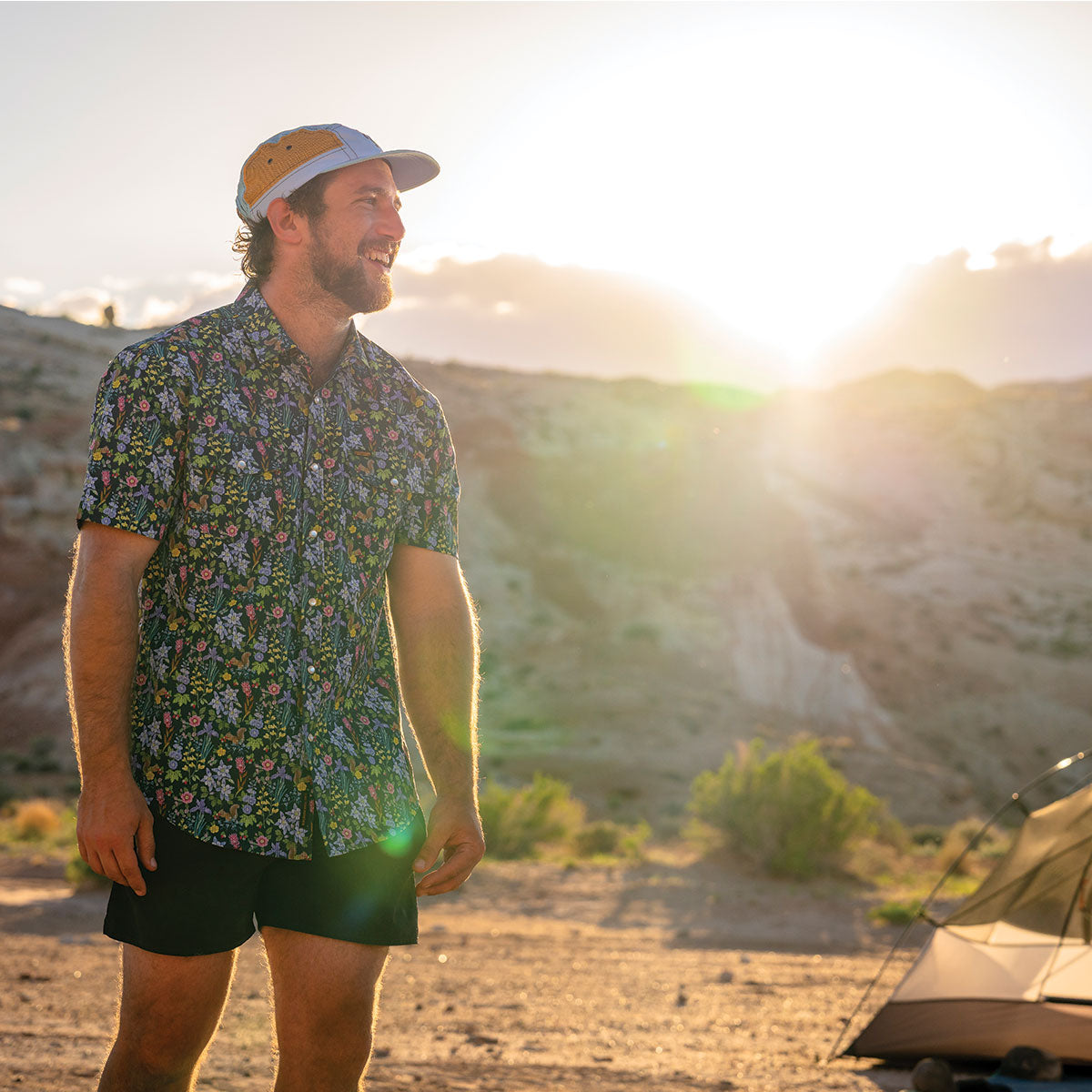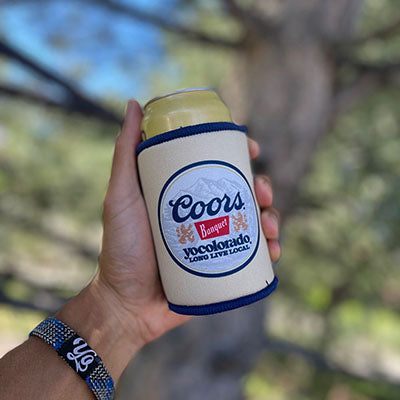There’s no wrong time to get into camping. Are you planning your very first trip? Did your last camping experience take place when you were a kid? Even if you're a total amateur, you can still make your next outdoor adventure a success. Of course, your first camping trip isn’t going to be perfect. All campers make some mistakes along the way—that's part of where the adventure comes from. However, some errors cause a lot more trouble than others. If you want your trip to be a success, you need to learn what these crucial mistakes are. This will help you plan ahead and take the necessary precautions throughout your trip. Stay safe and smart with this list of the biggest camping mistakes to avoid.
Skipping the Research Stage
Before you pack your bags and hit the road, you should learn a few things about your destination. Even for spur of the moment trips, a little research can save you a lot of stress. How do you get to your destination? Do you need a reservation? What do you need to know about the campground, amenities, or local wildlife? Asking these questions ahead of time can help you get to your destination with as little hassle as possible. Research will also prevent you from ending up at a campground that doesn’t suit your wants or needs. For example, if you want a quiet weekend trip and end up at a crowded campground full of noisy neighbors, you’re not going to enjoy the experience as much. A little research can help you a secluded, peaceful campsite with plenty of elbow room instead. Make sure you know exactly what you’re getting into before you head out on every trip.
Not Preparing for the Weather
As you make your plans, you also need to think about the weather. While you can have a fun camping trip in all kinds of conditions, you don’t want to show up unprepared for what Mother Nature has in store. Check the local forecast to get an idea of what the weather will be like during your trip. However, weather predictions can be unreliable. That’s why you should also look up average conditions for the area. Does it snow a lot this time of year? Make sure you have your Colorado beanie and other warm gear on hand just in case. While you don’t want to overpack, it’s better to come prepared for the weather than to find yourself without the proper gear.
Not Making a Packing List
This is a tip that even the most experienced campers should use. You don’t want to forget something important or show up with too much gear that weighs you down. Avoid both problems by making a packing list and sticking to it. You can then refine this list over time until you know exactly what you need for a successful trip.
Forgetting First Aid
While the details of your packing list will change from trip to trip, there are a few essentials you should never forget. The first of these essentials is first aid. Even if nothing bad happens on your trip, you’ll never regret having first aid supplies with you. Invest in a decent first aid kit and make sure it’s always stocked with bandages, antibiotic ointments, bug spray, and other essentials.
Not Meal Planning Correctly
Your packing list should also include food. Depending on where your adventure takes you, you might have to rely solely on the supplies you bring to feed yourself and your crew. Make sure you plan your meals accordingly. Pack a variety of foods that are easy to make while still providing a tasty and healthy meal. You should also be sure to bring the utensils and cookware necessary to make your meals. A multi-purpose camping cookware set is a convenient way to make all your meals without dragging around an entire kitchen full of dishes. Finally, be sure to pack enough food for an extra day or two in case your plans change.
Arriving Too Late
Do you know what’s harder than pitching a tent? Pitching a tent in the dark. As you schedule your trip, make sure you give yourself plenty of daylight to set up your campsite. Calculate when you can leave and how long it will take you to arrive at your destination. While you want as much vacation time as possible, it might be better to postpone your drive an extra day so that you can arrive with plenty of time to spare. You’ll thank yourself when you can see what you’re doing as you set up your campsite.
Not Organizing Your Campsite
Speaking of your campsite, make sure you keep everything in your space clean and organized. One of the biggest camping mistakes to avoid is a messy campsite. When you leave your gear lying around, you create an invitation for local critters to come explore. Seal away food so that you don’t tempt nearby wildlife to come snooping. You should also take care of your trash. If there isn’t a convenient way to dispose of garbage near your campsite, securely store it somewhere that won’t attract animals.
Forgetting To Test New Equipment
The last thing you want is to show up at your campground with no idea how to use the equipment you brought. Take the time to try out your gear before you hit the road. This is particularly important if you’re a rookie camper, but it’s a good idea for travelers of all experience levels. Make sure you know how to pitch your tent, set up your camp stove, and use the rest of your equipment beforehand. Doing so will allow you to spend less of your vacation time frustrated and more of it relaxed and comfortable.
Being Too Ambitious
If you are a less experienced camper, you don’t want to bite off more than you can chew. Don’t head out on a three-week trip to a desolate location when it’s your first time pitching a tent. Start in your comfort zone instead. Make sure you know what you’re doing, gain some experience, and work your way up to the more exciting destinations on your list.









2 comments
Leave a comment
This site is protected by hCaptcha and the hCaptcha Privacy Policy and Terms of Service apply.